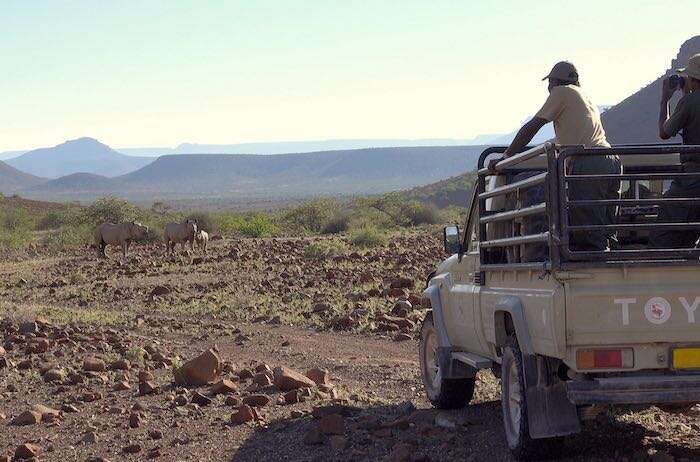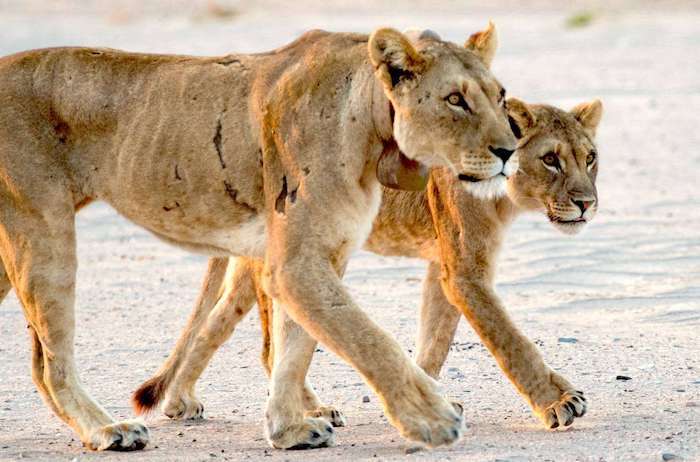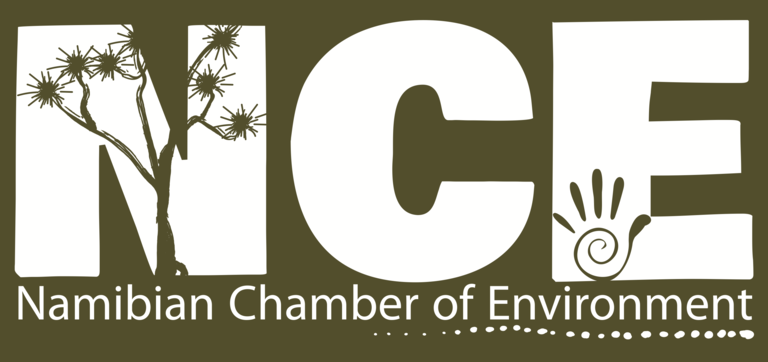
Can Urbanisation Help Namibia Adapt to Climate Change?
By Gail C. Potgieter
9th August 2019
The bright city lights attract people from rural areas in countries all over the world. Urbanisation is a result of a growing economy that makes cities the hubs of enterprise and new opportunities.
Educated young people are especially drawn to cities and towns in pursuit of jobs or the opportunity of starting their own businesses. In contrast, staying in rural areas, on farms or in small villages, is increasingly seen as a dead-end by the new generation. Life on the farm is not for everyone. Furthermore, farming with crops or livestock is already difficult given Namibia’s dry climate and relatively infertile soils, and disturbing climate change predictions indicate that it will become drier still.
Urbanisation presents an opportunity to alleviate the pressure on farmlands and provide a way for the country to adapt to climate change. As the country becomes steadily drier, droughts will become more frequent and severe; land that is marginal for farming today will become even less productive, to the point where farming with crops or livestock becomes impossible. If people stay in rural areas their livelihood options will decline further, whereas if they move into urban areas they could explore other employment sectors like manufacturing or the service industry. As a country, switching from reliance on agriculture towards manufacturing or services could buffer Namibia’s economy against climate change.
To realise the opportunities of urbanisation, however, Namibia must overcome several key social and environmental challenges. The first of these is keeping pollution under control in these ever-growing cities, as the demand for land and housing has outstripped supply. Research published in the Namibian Journal of Environment reveals that during 1991-2011, the number of brick or block houses in urban areas doubled, whilst the number of shacks increased seven-fold. If current rates continue, there will be more shacks than any other form of housing in Namibia by 2025.
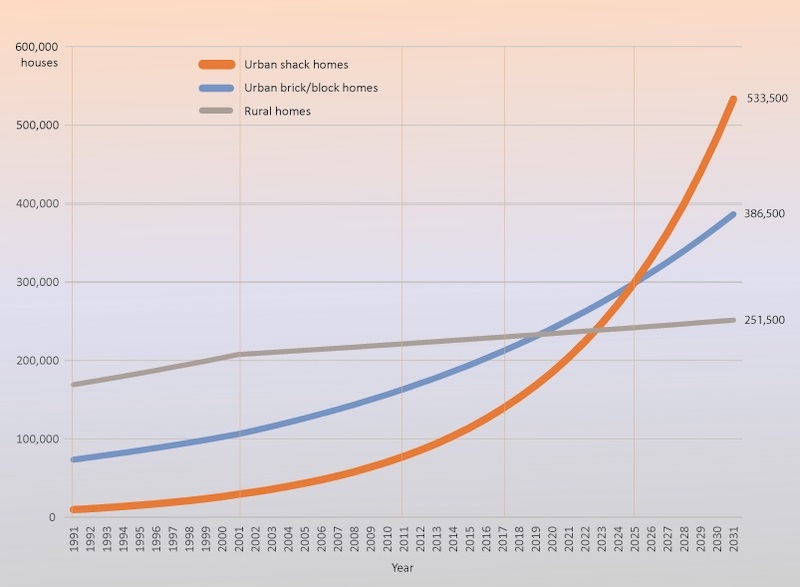
These worrying trends underline that people coming from the rural areas battle to find land and/or affordable housing, and often have to settle for putting up shacks on pieces of land to which they have no rights, and which are not serviced with clean water, sewerage systems or other waste disposal facilities. As more shacks are built, the area becomes an informal settlement, with residents living in increasingly unhygienic conditions as pollution increases.
Many informal settlements are entirely unplanned, and they can grow to a point where providing basic services becomes impossible. With few roads between shacks, municipalities are unable to lay water pipes, sewerage lines or electricity cables to service the households in these informal settlements.
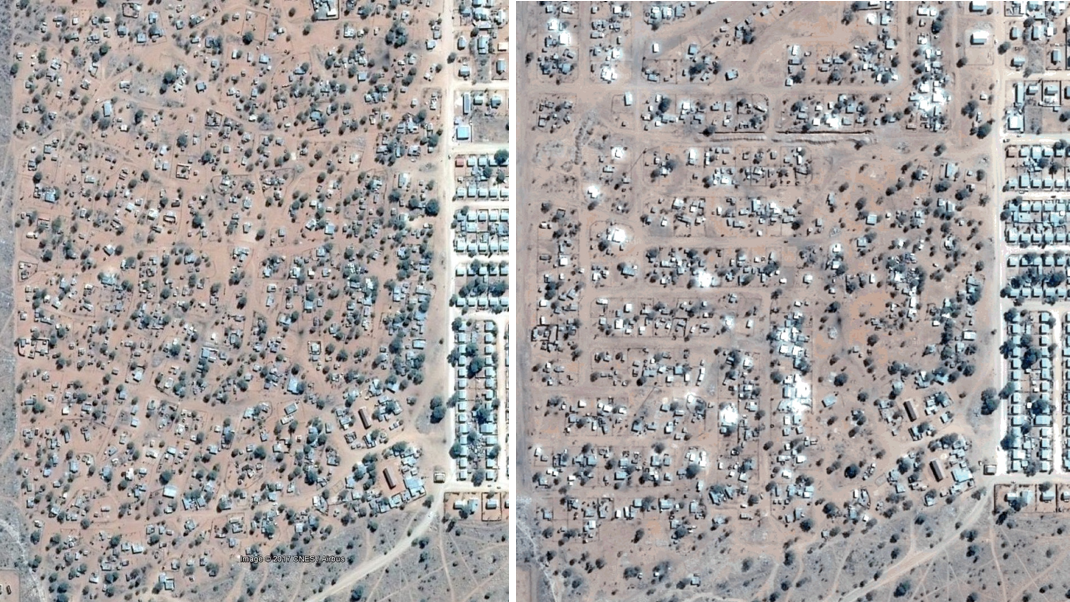
We therefore need to find ways to accommodate people moving into the urban areas: ways that limit pollution and improve their quality of life. Beat Weber, a scientist working with Development Workshop Namibia, has some recommendations for addressing this challenge. The quickest way to accommodate people migrating into urban areas is to provide land, rather than housing
, he points out. If we can plan and survey new settlements before people arrive, then people can start building their new homes on formally marked plots immediately, whilst municipalities work on providing services over time
.
Importantly, people arriving in a planned settlement will buy and own their plots. This means that they can invest in their new homes as rightful owners, rather than living in informal, illegal settlements where they have uncertain rights as squatters. Although they may initially only be able to afford cheap building materials such as corrugated iron, these new homeowners can improve their homes by replacing their shacks with more permanent brick or block structures over time. Owning a house changes the way you view it – as an asset that you can invest in, rather than just a place to stay.
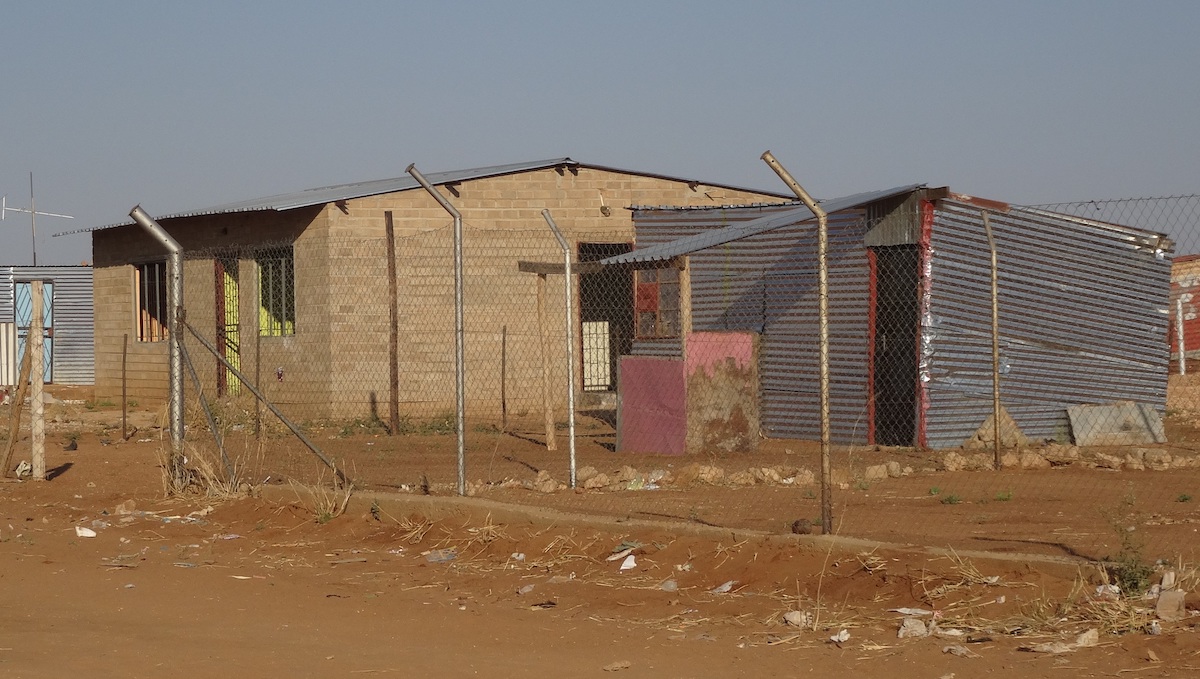
Another benefit of urbanisation is the reduced pressure on our rural natural resources – particularly soil nutrients, woodlands, water and grazing. As people move away from rural areas and make their living in urban areas they no longer need to live off the land and continually clear forests and woodland for new fields.
John Mendelsohn of the Research and Information Services of Namibia (RAISON) points out yet another major benefit. Urbanisation is the best way to reduce poverty in Namibia; indeed, it is the only way to make any significant dent on poverty which is so prevalent in rural areas
, he says. This is because most people in communal areas are unable to earn an income from farming, mainly because of the poor soils, aridity and limited access to markets. All Namibians need to earn incomes, and the best opportunities come from urban jobs, enterprises and services.
As Namibia gets drier, productive farmland will become increasingly scarce. That’s the bad news. The good news is that urbanisation could be part of the solution. By implementing visionary policies to encourage more people to migrate to urban areas, thus reducing reliance on rainfall and grazing, Namibia can achieve sustainable development in the face of climate change. Moreover, urbanisation will reduce poverty, offer the majority of Namibians the opportunity of a decent living, and reduce pressure on Namibia’s natural resources. Says John Mendelsohn, Urbanisation is the win-win-win solution for Namibia to adapt to climate change, improve livelihoods and conserve our natural resources!

Find out more about
Development Workshop Namibia
and their work in Namibia's urban environment here:
dw-namibia.org

For articles on similar topics, please click one of the following options:
If you enjoyed this page, then you might also like:
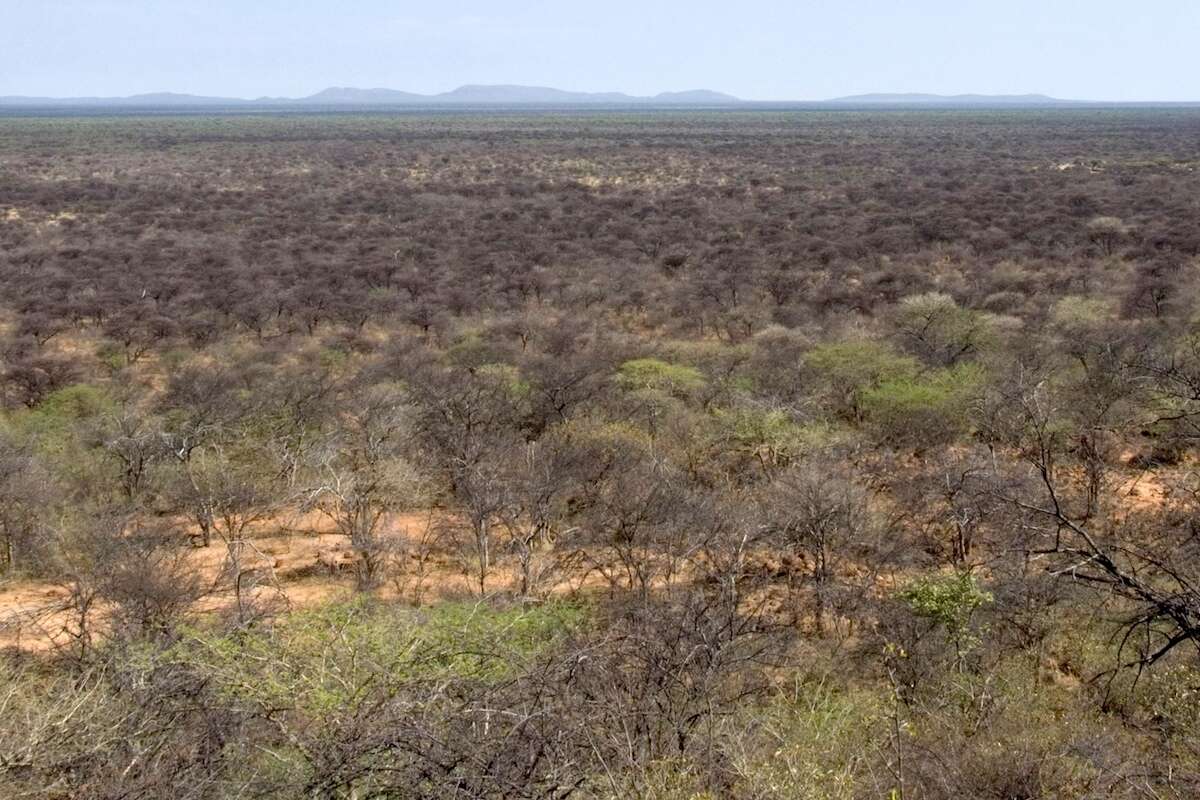
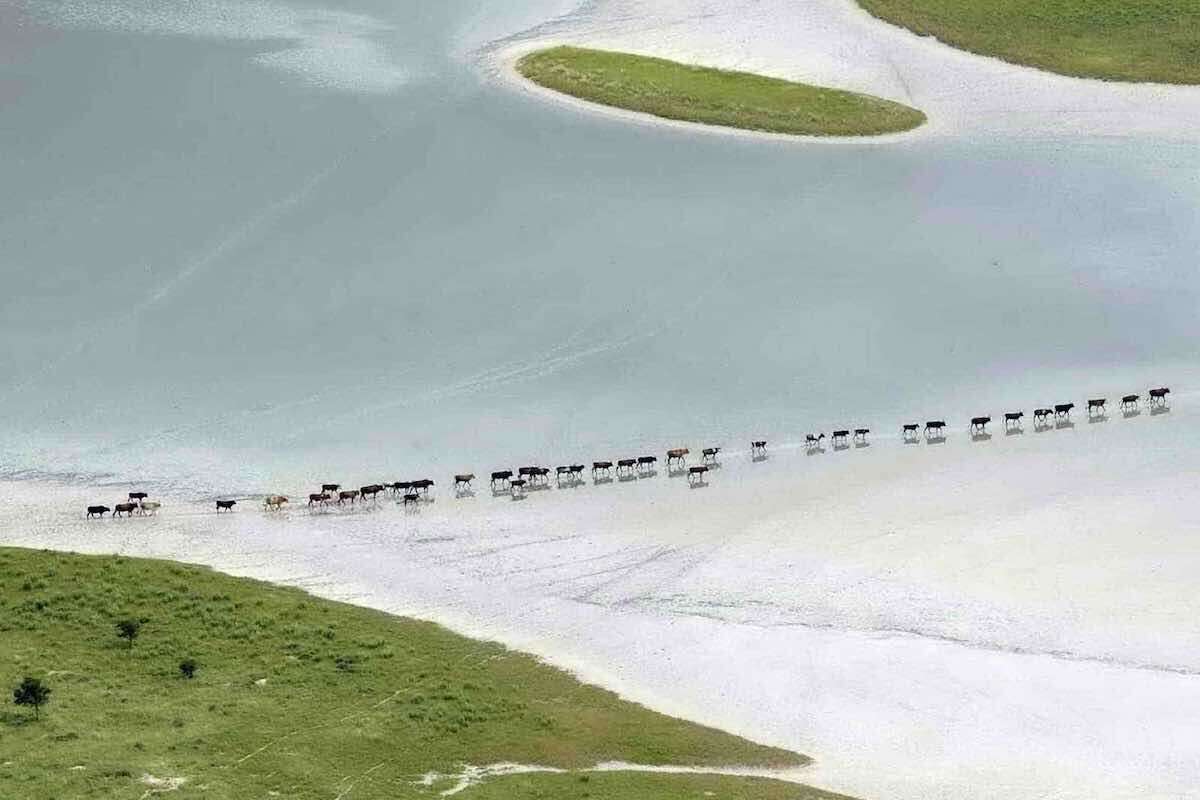
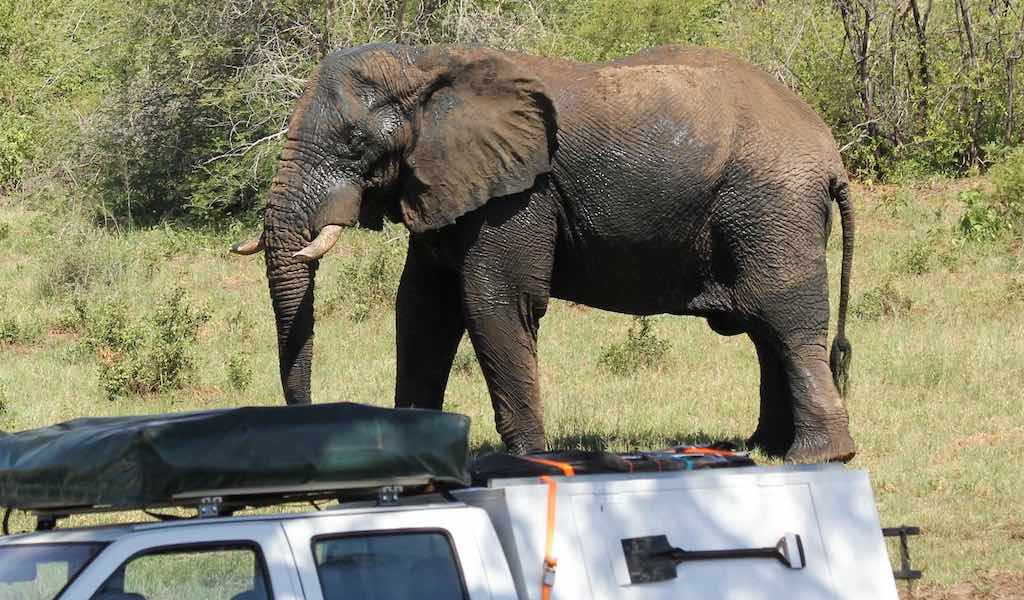
For more great articles from Conservation Namibia see below...
Conservation Namibia brought to you by:
We use cookies to monitor site usage and to help improve it. See our Privacy Policy for details. By continuing to use the site, you acknowledge acceptance of our policy.





